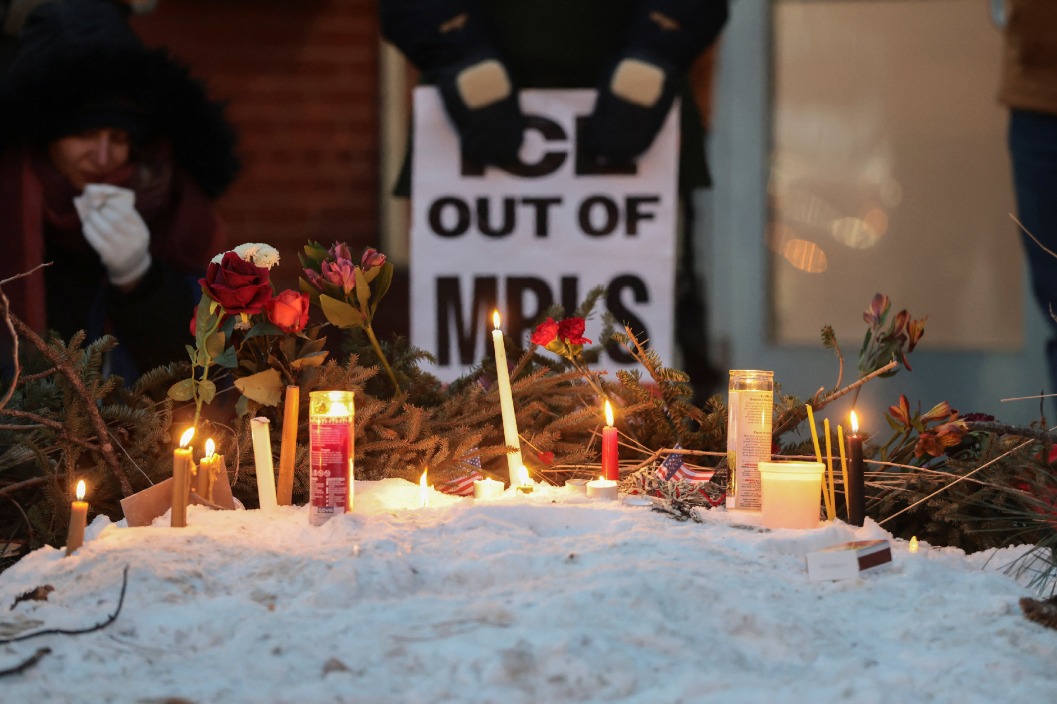Boeing stock drops after downgrade


Bank of America Merrill Lynch on Monday downgraded Boeing's stock to "neutral" from "buy" and cut its price target to $420 a share from $480 after the crash of two MAX jets six months apart.
The downgrade sent the aircraft manufacturer's stock down on the New York Stock Exchange. It closed at $374.68 a share, down $17.25, or 4.4 percent, from Friday's close. The 52-week range is $292.47 to $446.01 a share.
The downgrade followed Boeing's announcement on April 3 that it planned to cut production of 737 MAX jets to 42 a month from 52 starting in mid-April, a reduction of nearly 20 percent.
The investment bank now estimates delays in returning the aircraft to service will last six to nine months rather than the originally estimated three to six months.
"The reputational loss from these events could erode long-term market share and pricing power of the 737 MAX," Bank of America Merrill Lynch analyst Ronald Epstein said in a research report. "A six-month delay also means lower margins due to penalties owed to customers, weaker negotiating position with airlines as airlines consider cancellations, and operational inefficiencies from the production disruption."
MAX jets are Boeing's most profitable line and account for about 40 percent of its earnings, the analyst said.
The price target is an analyst's assessment of a stock's fair value. It is based on projected and historical earnings as well as events that may affect current and future share price. The price target is frequently published with buy, sell or hold recommendations.
The downgrade of Boeing's stock follows the crashes of Ethiopian Airline Flight 302 on March 10 and Lion Air Flight 610 on Oct 29, 2018. A total of 346 passengers and crew died in the crashes. Critics have raised questions about oversight provided by the US Federal Aviation Administration and its decision to certify the 737 MAX safe for commercial use.
On March 13, Boeing 737 MAX jets were grounded indefinitely in the United States after nations around the world, including China, pulled the planes from commercial flights.
The cause of the two crashes has not yet been determined. Boeing said a malfunctioning sensor may be the cause of the crashes. Dennis Muilenburg, Boeing's CEO, said: "It's our responsibility to eliminate this risk. We own it, and we know how to do it."































